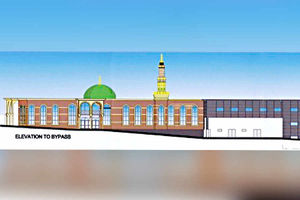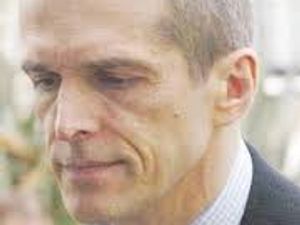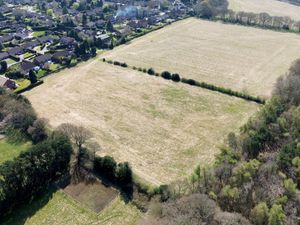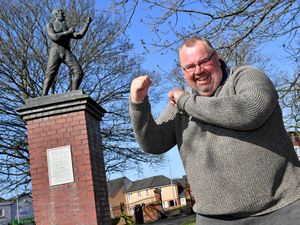Second Dudley mosque appeal allowed amid political motivation allegations
Muslim leaders have won a second chance to appeal in a long-running dispute over the building of a new mosque - after a leading judge claimed there could be 'political' motivations to allegedly block the scheme.

Dudley Muslim Association (DMA) can once again take its case to the Court of Appeal after a decision by one of the country's most senior judges.
Dudley Council launched a legal bid to reclaim land, in Hall Street, which had been earmarked for the site of a new multi-million pound mosque.
The DMA had lost its initial appeal after its defence against the move was struck out at a hearing earlier this year at London's High Court.
But now the association has been granted the chance to mount a second appeal after Judge Sir Stephen Sedley ruled there is an 'arguable' case that Dudley Council may have committed an 'abuse of power' over its dealings with the association.
The case will be heard by a panel of three judges at the Court of Appeal in London at a date to be confirmed later this year.
If the appeal is successful, the matter will then go to trial.
In a ruling in February, High Court Deputy Judge David Halpern QC upheld the decision to throw out plans for the new mosque.
He said while the association may have been able to resist the council's claim, it had failed to serve a 'credible' defence during the proceedings.
But at court last week, Sir Stephen Sedley disagreed, finding the association had successfully pleaded in its defence that there was a so-called 'legitimate expectation' that the council would extend a deadline for the development.
These steps he said were both 'political' - including asking the association to abandon its planning application pending local elections in case 'political capital was made' - and 'substantive', including ultimately refusing permission against its own officer's advice and then seeking to challenge a Government inspector's decision to grant consent on the association's appeal.
The association has argued that it had a 'legitimate expectation', based on a September 2006 letter from the council's then chief executive Andrew Sparke, that the council would set a later target date for the planning issues to be resolved.
Sir Stephen Sedley added: "There seems to me to be a two pronged case available to the Association on the pleadings and the uncontested evidence.
"First that there was a legitimate expectation that there would be an extension of a reasonable period of time to the initial deadline because of the events that had happened that had been the council's responsibility.
"Second that it was an abuse of power to frustrate the legitimate expectation that would have arisen in the mind of not only the association but any rational observer that time would be extended. All of that seems to me to be arguable."




